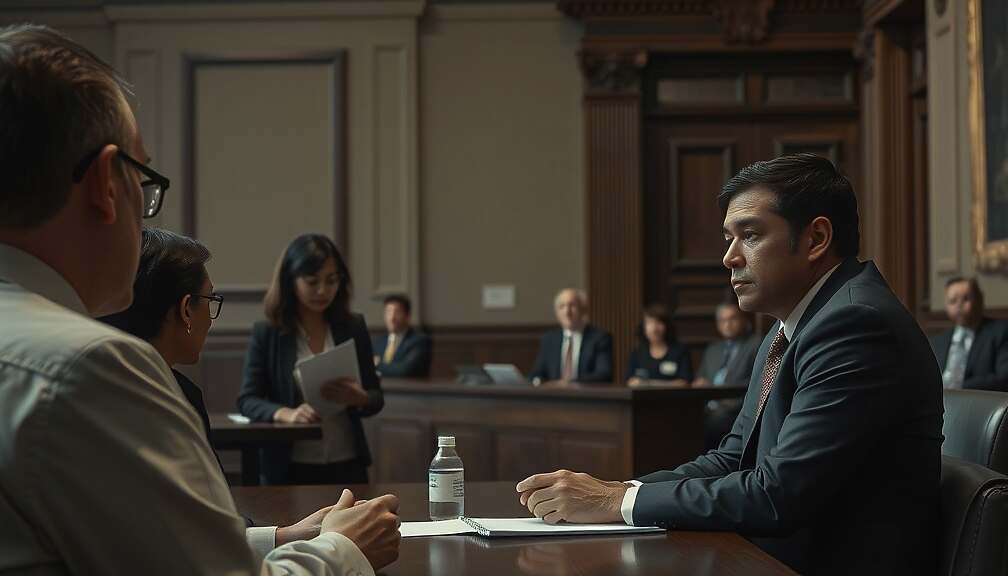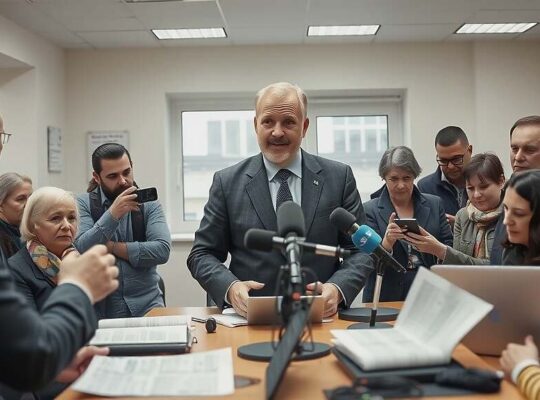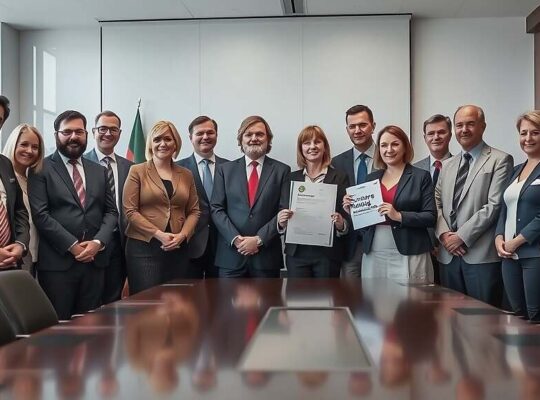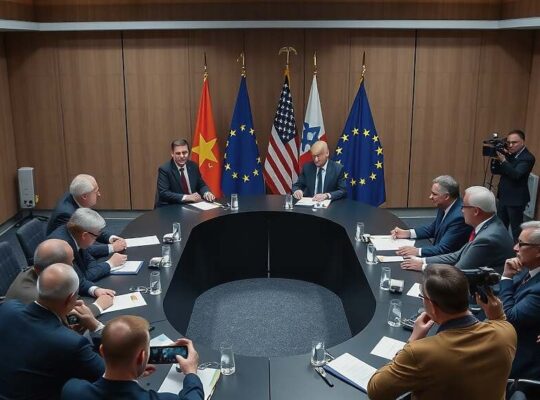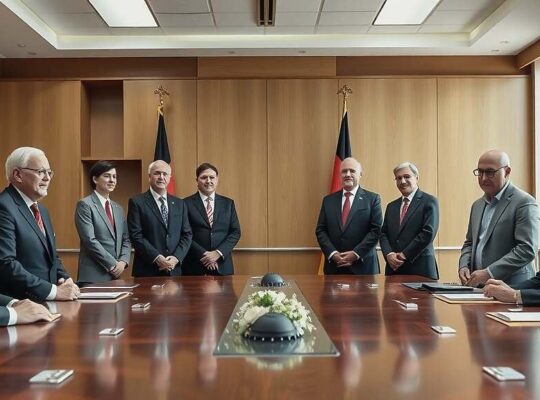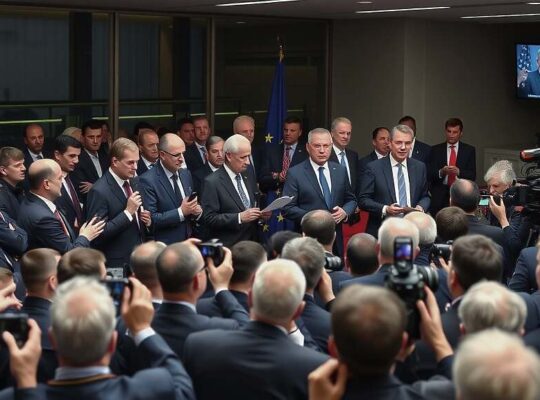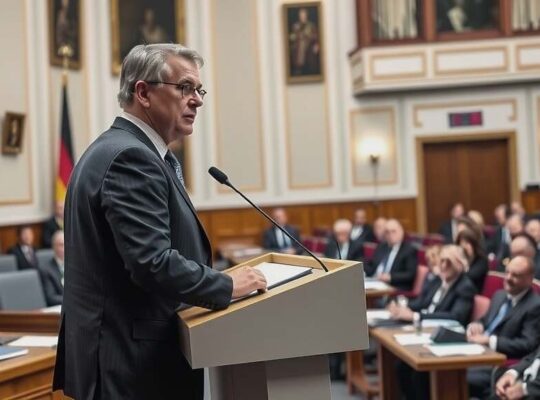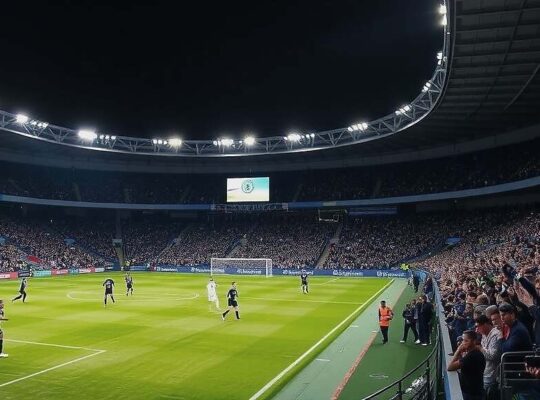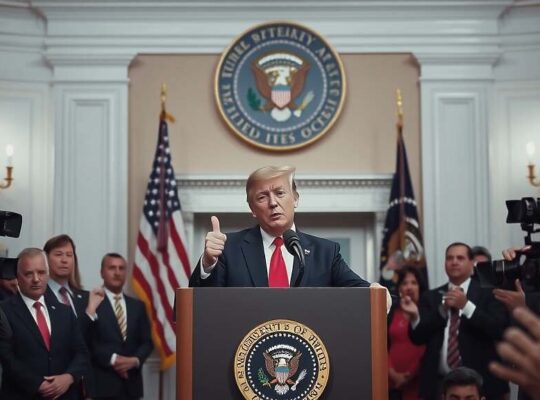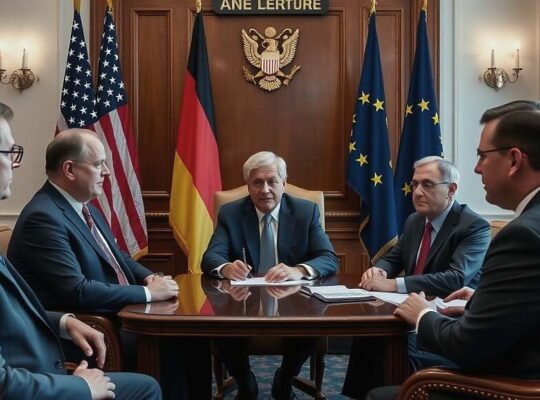The French Court of Cassation, the nation’s highest appeals court, has definitively upheld the conviction of former President Nicolas Sarkozy for illegal campaign financing, marking a significant and controversial moment in French political history. The ruling, announced on Wednesday, confirms a 2024 sentence imposing a one-year prison term for Sarkozy’s involvement in the overspending of his failed 2012 presidential re-election campaign. While six months of the sentence are suspended, the possibility remains for alternative punishments, potentially including electronic monitoring.
This latest legal setback adds another layer to the series of legal battles that have plagued Sarkozy since leaving office in 2012. Just last month, he served a 20-day prison sentence related to a separate case alleging the illicit receipt of secret funds from the late Libyan leader Muammar al-Gaddafi to finance his successful 2007 presidential campaign. This prior incarceration already cemented his place as the first post-war French head of state to be imprisoned.
The current case centers on accusations that Sarkozy’s party colluded with the public relations firm Bygmalion, artificially inflating invoices to conceal the actual cost of his 2012 campaign. Prosecutors contended that Sarkozy’s team exceeded the legally permitted campaign spending limit of €22.5 million, allegedly spending closer to €43 million. While not directly implicated in the “double billing” scheme, Sarkozy was found guilty as a beneficiary of the illegal financing.
The verdict has sparked considerable debate within France and internationally, drawing attention to the historical precedent it establishes and raising questions about campaign finance regulations and political accountability. Critics argue the lenient sentence, particularly the deferred prison time and potential for alternative punishments, undermines the seriousness of the offense. Others point to the case as a vital demonstration of the judiciary’s independence and a necessary check on executive power, regardless of political standing. The ruling also risks further polarizing French politics and could impact the future prospects of those associated with Sarkozy’s political circle. The implications of this case extend beyond Sarkozy himself, potentially triggering scrutiny of other prominent figures and campaigns facing similar allegations.


